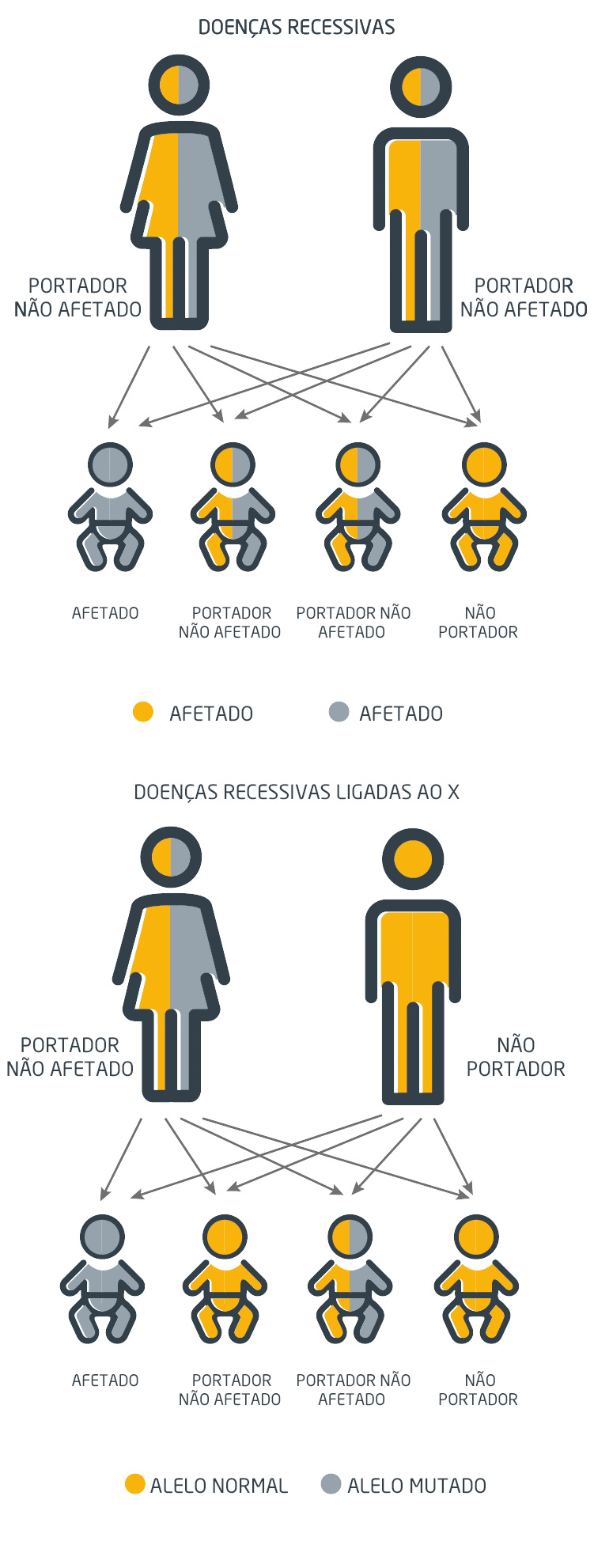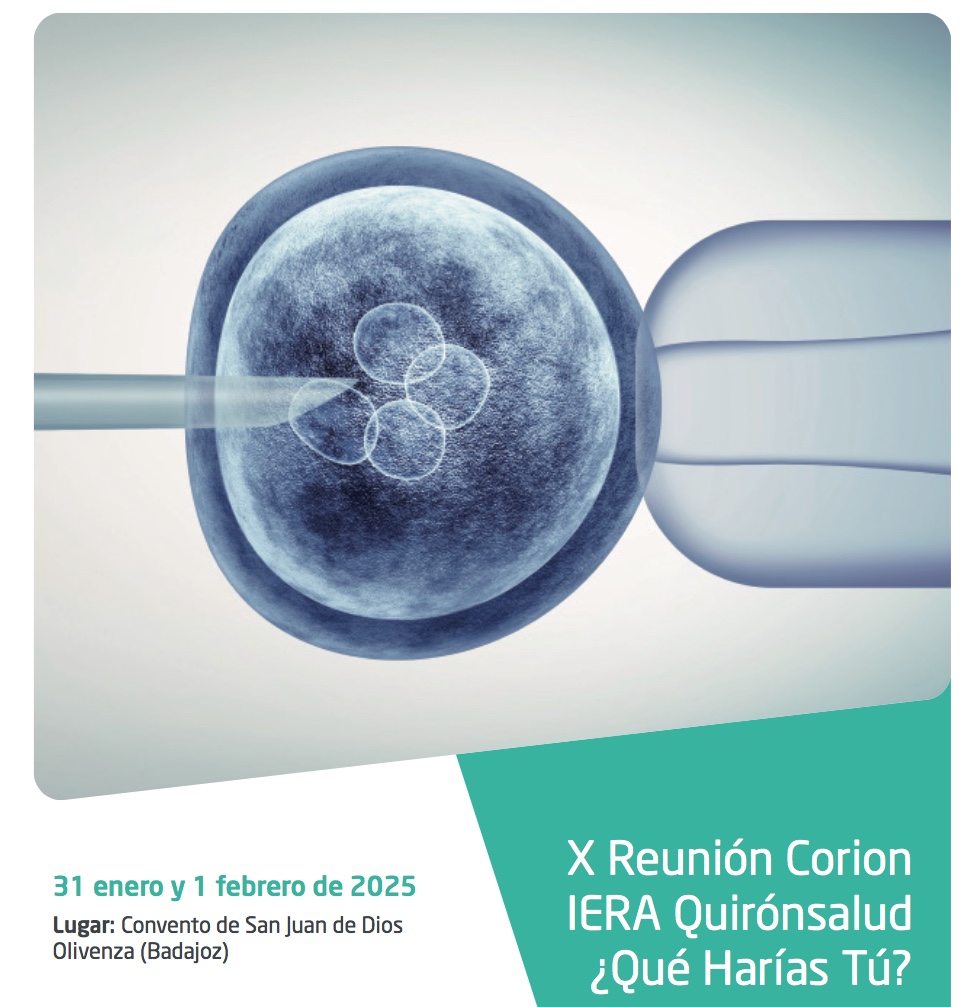
Genetic Compatibility Test
Genetic Compatibility Test
 The carrier test is a test to study a person's genetic material and focuses on detecting mutations that can cause more than 500 recessive genetic diseases with different impacts on patients' quality of life. Autosomal recessive diseases appear when two mutant copies (or alleles) of the same gene are inherited. For this to happen, both the father and the mother must be carriers of the disease, that is, both have an altered copy of the gene and, by chance, both have passed the altered copy to their child. When both partners are carriers of recessive mutations in the same gene, there is a 25% chance that their children will have the disease, a 50% chance that they will be carriers but not have the disease, and a 25% chance that they will be free of the mutation (non-carriers).
The carrier test is a test to study a person's genetic material and focuses on detecting mutations that can cause more than 500 recessive genetic diseases with different impacts on patients' quality of life. Autosomal recessive diseases appear when two mutant copies (or alleles) of the same gene are inherited. For this to happen, both the father and the mother must be carriers of the disease, that is, both have an altered copy of the gene and, by chance, both have passed the altered copy to their child. When both partners are carriers of recessive mutations in the same gene, there is a 25% chance that their children will have the disease, a 50% chance that they will be carriers but not have the disease, and a 25% chance that they will be free of the mutation (non-carriers).

Indications
This compatibility test is indicated for any type of couple, whether or not they have fertility problems. If a couple takes the test and knows before conception that there is a low genetic compatibility between them, it may be necessary to opt for pre-implantation genetic diagnosis (PGT-M) treatment to minimize the risk of their son or daughter having the disease. Furthermore, as we have already mentioned, the compatibility test is one of the key factors when selecting the appropriate oocyte or sperm donor for each couple's characteristics.





